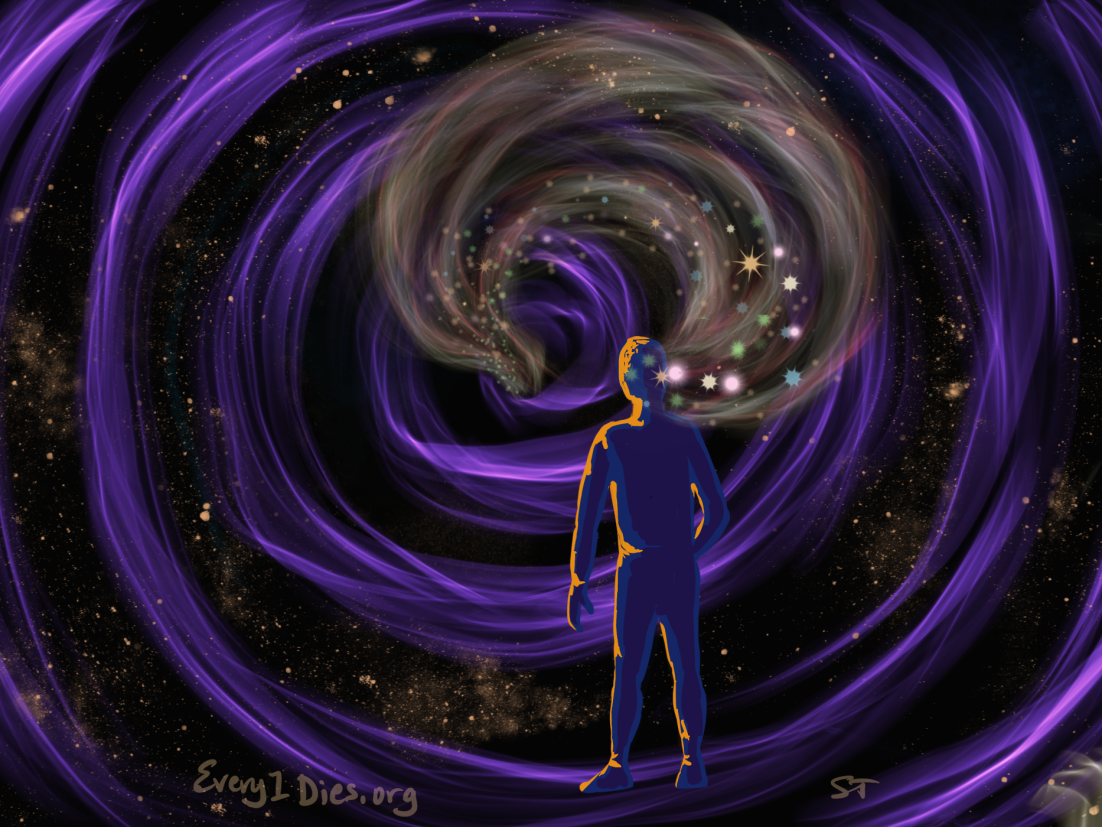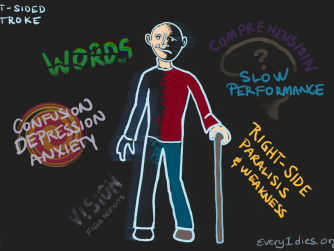This our first in a series on dementia. Our brains are phenomenal in their flexibility – data shows we can have changes even 20 years before we have any symptoms due to backup areas of the brain to continue functions. About half of people with dementia are not diagnosed, as loved ones often compensate for cognitive deficits by helping with things they forgot.
Dementia is a symptom and part of any disease that results in debilitating cognitive decline, decreased independence in activities of daily living, and behavior changes.
Alzheimer’s disease is the most common form of dementia, but many other diseases include dementia – we will be talking about them in the coming weeks. Around 6 million people currently live with Alzheimer’s disease, and this is projected to reach 13 million by 2050 (Alzheimer’s Association & NIA).
Listen to the podcast for more information on Alzheimer’s such as symptoms, causes, treatments, and self-care.
Resources:
- Alzheimer’s Association: Learn about Alzheimer’s, find resources and programs in your area, and online caregiver community
- Alzheimer’s Disease & Related Dementias (National Institute on Aging – NIH): Resources for patients and caregivers, information on clinical trials
- Passionate World Talk Radio Network – Caregivers and Alzheimer’s: These are the stories provided by the caregivers that are on a journey with a loved one that has a diagnosis of Alzheimer’s. You will hear about the many issues these caregivers have encountered, and how they learned to deal with this cruel disease.
- Five Unforgettable Films about Dementia You Need to Watch:
Funeral Theater

Today our thespian Charlie acts out a scene from Still Alice (2014). Alice Howland, happily married with three grown children, is a renowned linguistics professor who starts to forget words. When she receives a devastating diagnosis, Alice and her family find their bonds tested.
Recipe Time
Marianne is reading a book (Being Dead is No Excuse) that featured this very unusual funeral casserole. Who would ever think of putting pineapples and cheese together with a crispy buttery topping? Southern cooks, of course! By their description, it sounds like something we might just have to try! (Why not…it’s just ham slices shy of being a Hawaiian pizza!) Give it a whirl at this link from Huffington Post.
Also be sure to check out the cookbook this is from, the Southern Sympathy Cookbook: Funeral Food with a Twist, available on Amazon.
Let us hear from you!
Did you make it? We really want to know! Send us your favorite recipes using the link below. Thank you!










The medications do not slow down the disease!
The medications manage the symptoms.
Alzheimers and other Dementias do happen with young people or mid life.
I hope you discuss the difficulties caregivers face when having to give medications to control hallunications and agitation which have can awful side effects .
Also please address recognizing terminal agitation in a younger person.
Thank you.